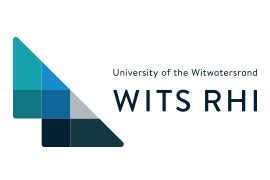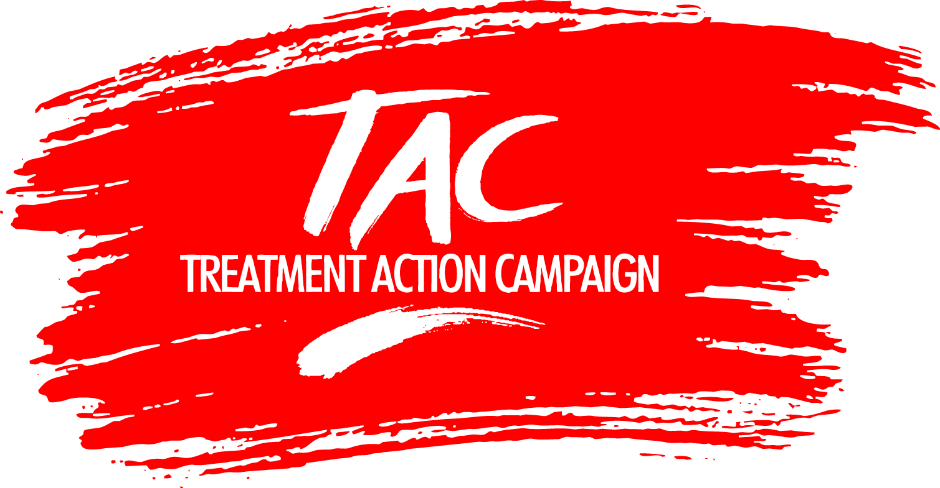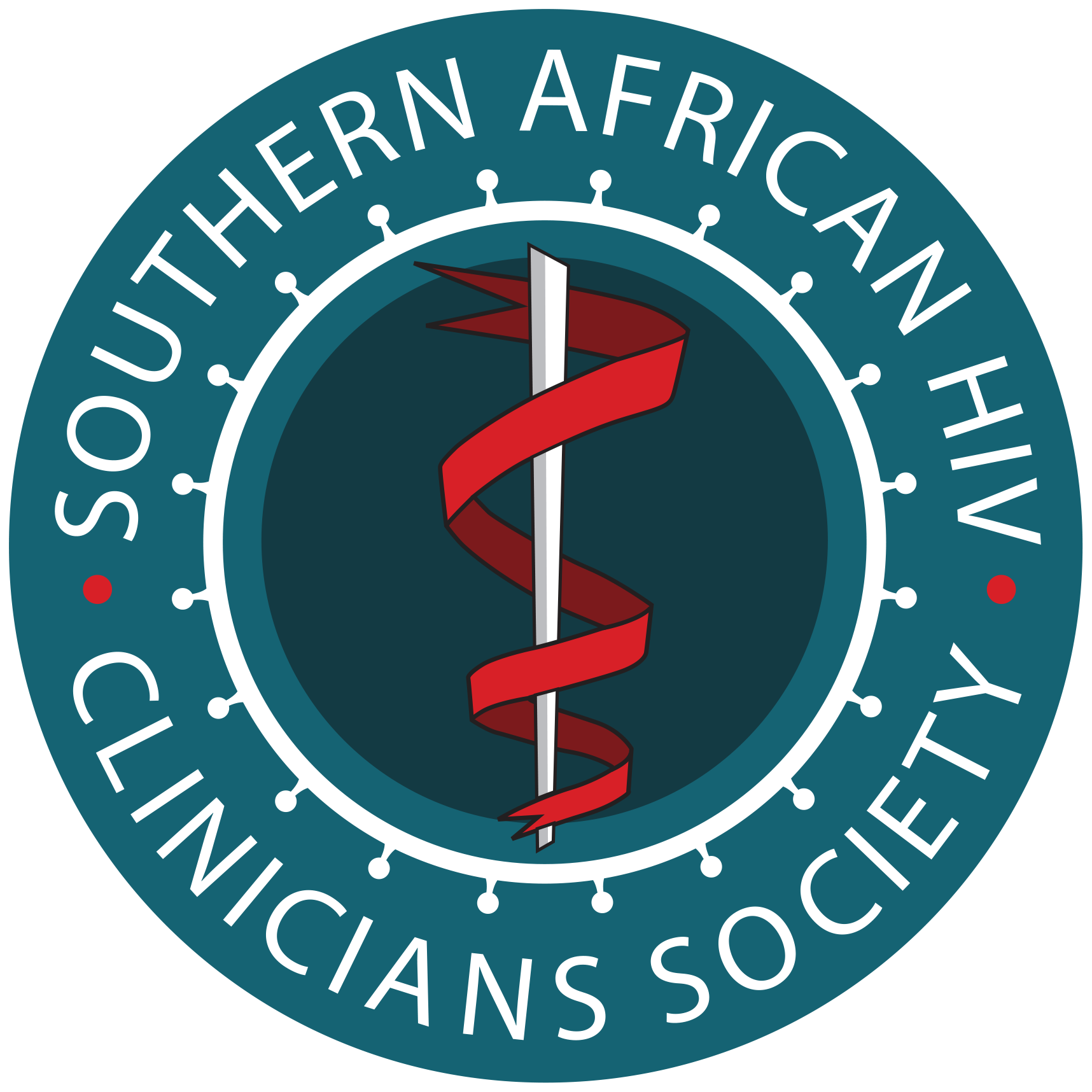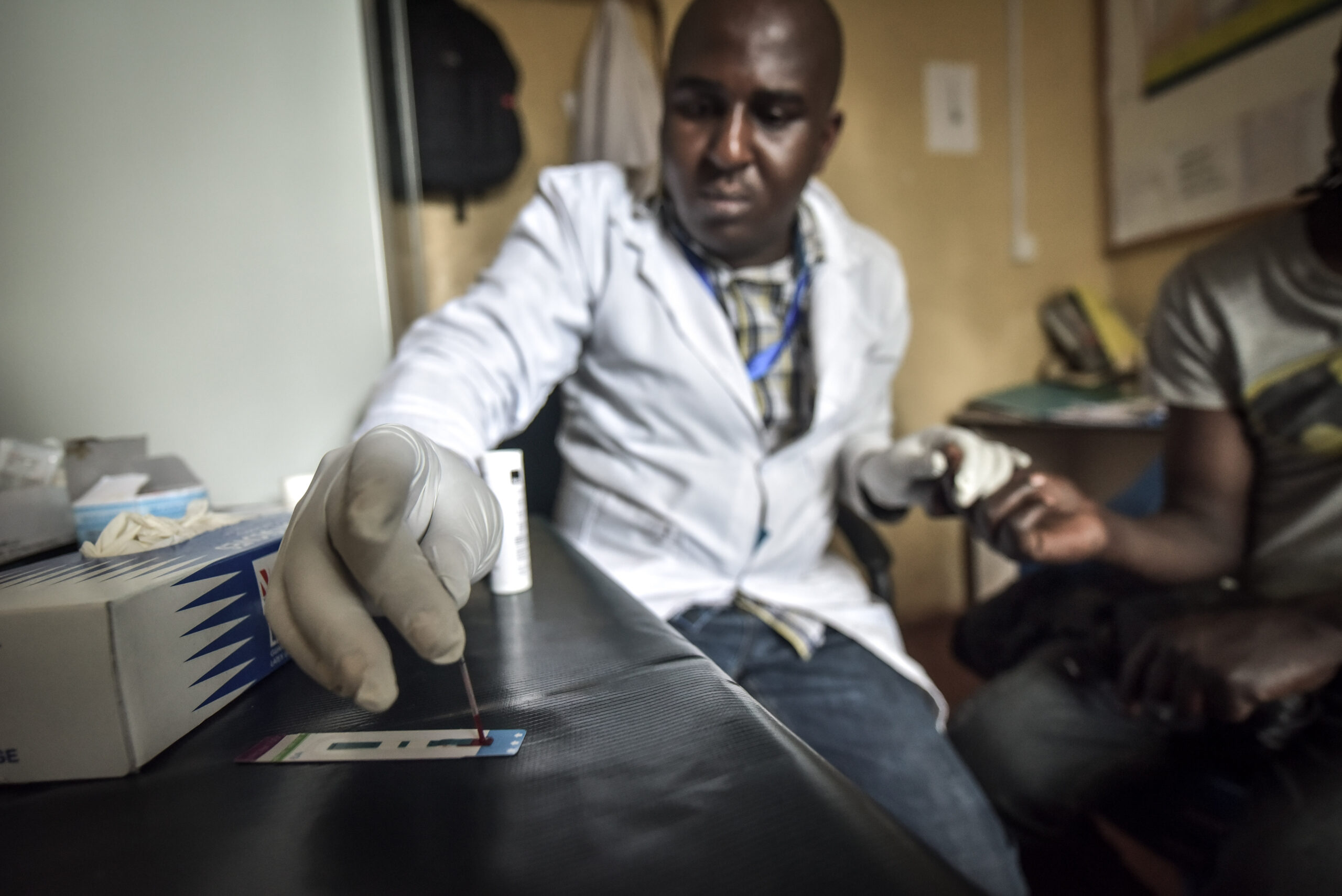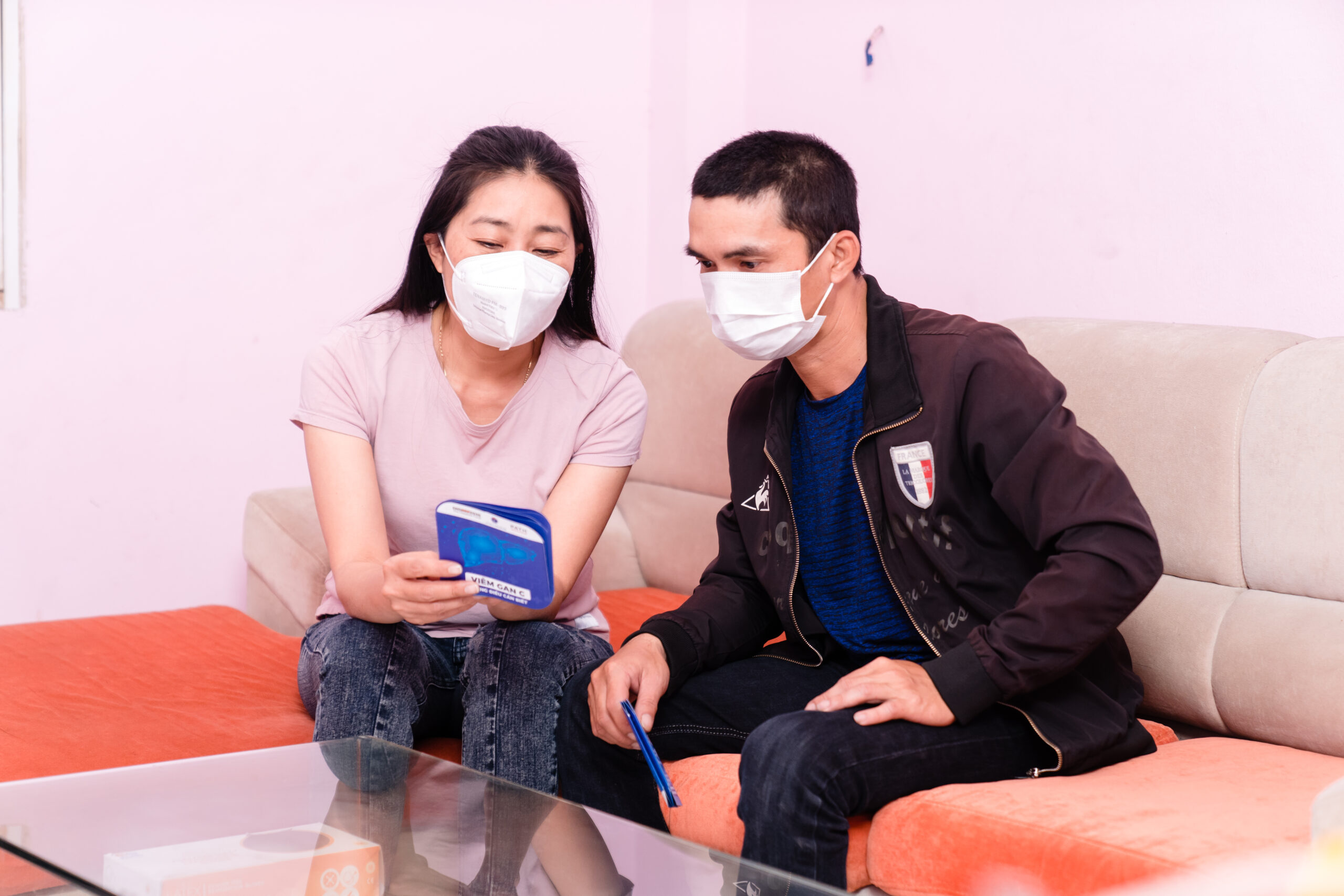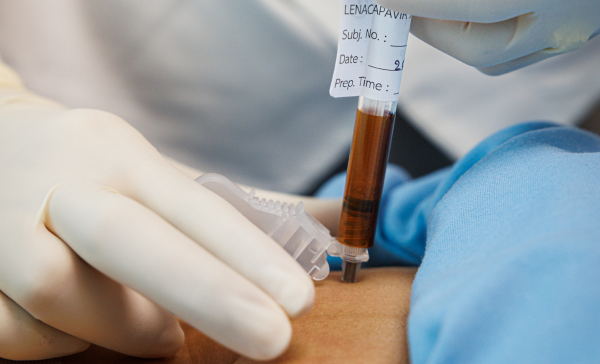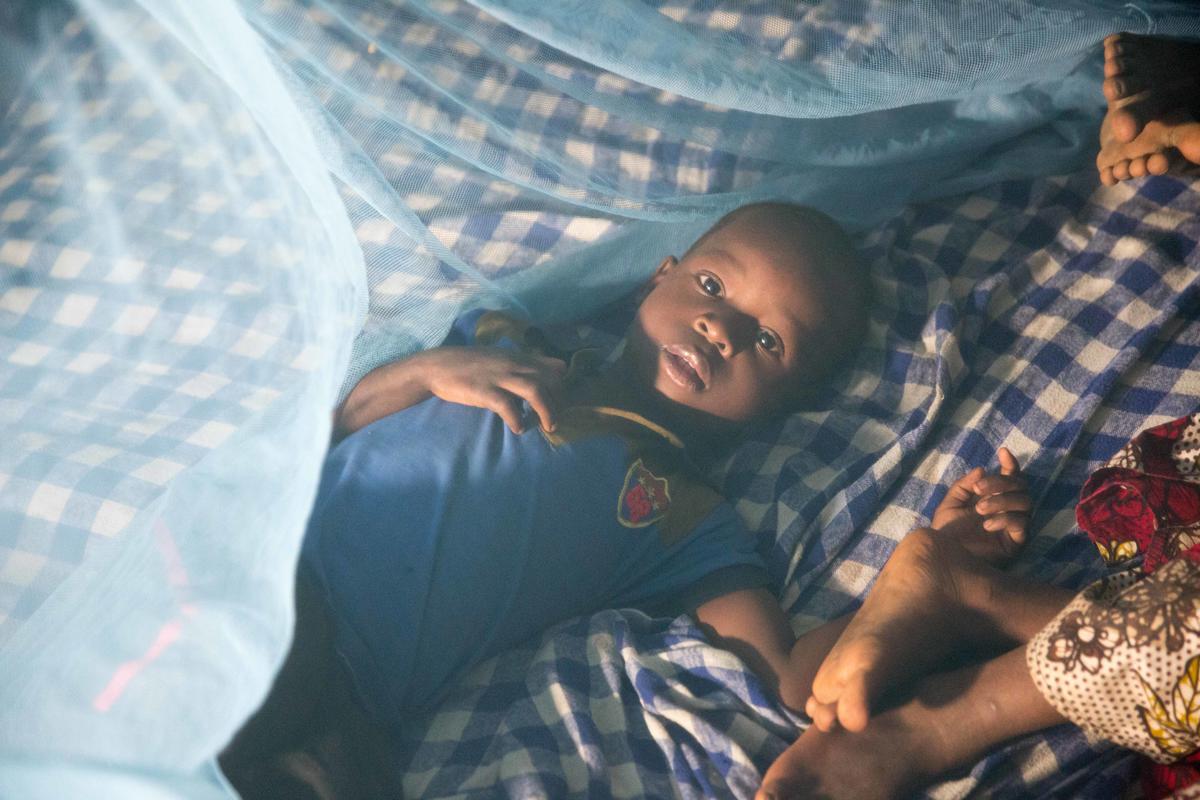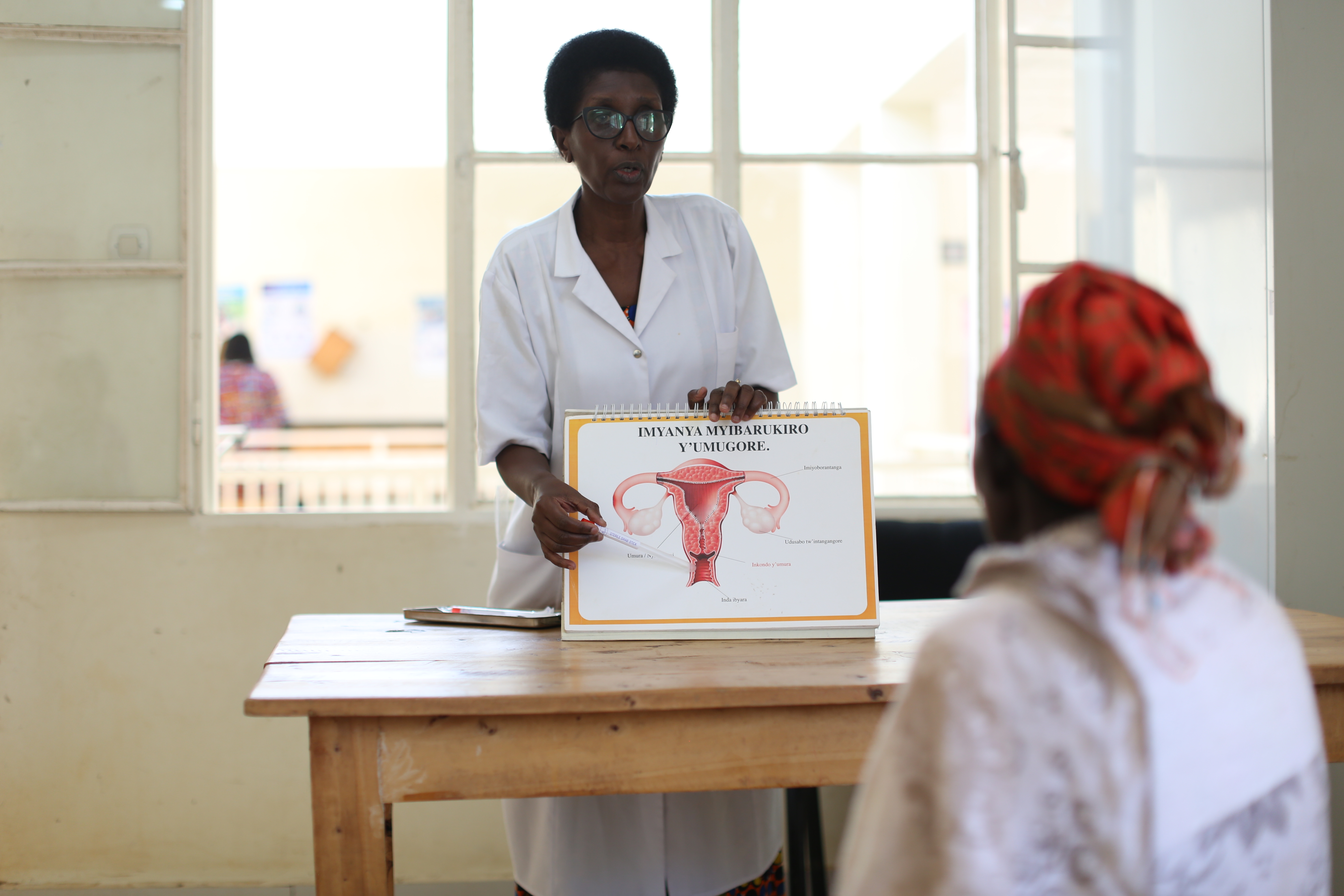The problem
First-line regimens recommended in low- and middle-income countries had successfully treated over 15 million people when this project began. However, the regimens caused unpleasant side effects and were highly susceptible to drug resistance, even if a person only missed a few doses. This would result in a person having to switch to more expensive and more complex second-line regimens quickly. A new treatment held the potential to offer a more effective and more tolerable alternative, but there were significant gaps in clinical research that held this treatment back from broad scale-up.
Our response
Our partnership with Wits RHI and the wider consortium generated evidence that supported the rapid adoption of antiretroviral regimens using a new drug called dolutegravir. These regimens are cheaper, more tolerable for patients, and have a smaller dosage than previous first-line regimens.
Though dolutegravir had already been shown to be safe and effective, the ADVANCE trial was the first large-scale study focused on people in sub-Saharan Africa, where the burden of HIV is highest. The trial directly compared dolutegravir-based treatment with efavirenz-based regimens, which was the standard of care at the time.
The ADVANCE trial helped solidify dolutegravir’s role as part of first-line therapy in resource-limited settings, demonstrating its efficacy and safety among African populations. Importantly, the research revealed certain side effects not seen in other populations, highlighting the need to include diverse populations in clinical research.
In response to weight gain and hyperglycemia safety signals associated with dolutegravir use in some populations, the ADVANCE trial was extended to reach 192-week outcomes along with Unitaid-supported NAMSAL and DoLPHIN-2 trials (collectively known as TRIO) to allow for a longer monitoring period in addition to an opportunity to coordinate and pool data.
Our partners
The ADVANCE trial was led by Wits Reproductive Health and HIV Institute (Wits RHI) and supported by a strong international consortium of partners.

